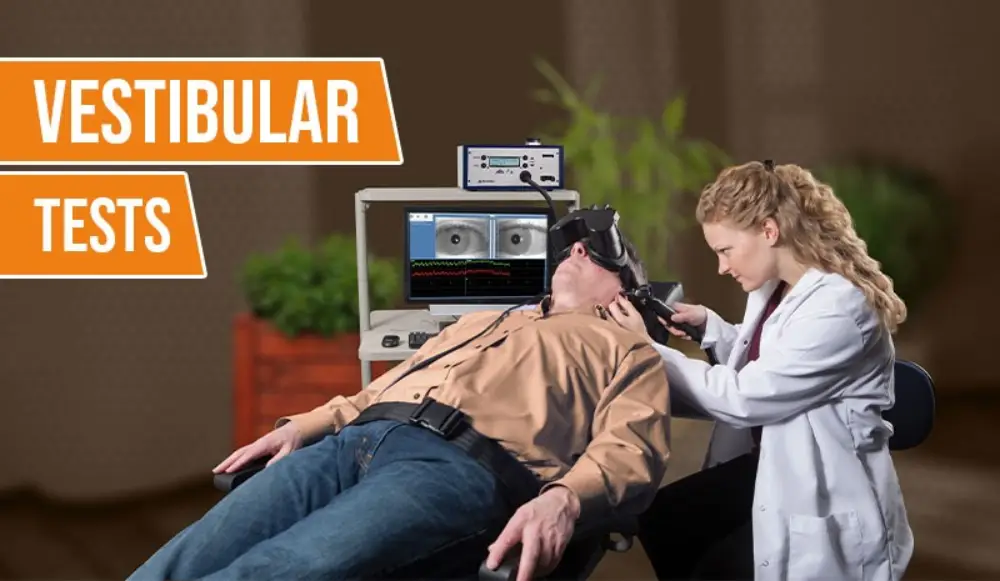Vestibular Tests
Vestibular Tests: Navigating Balance And Inner Ear Health
Balancing on a tightrope is a skill few of us possess, and it’s the remarkable work of our inner ear’s vestibular system that keeps us upright. Dr. Mihir Mehta, your dedicated ENT specialist, is here to shed light on the significance of vestibular tests in maintaining not just balance but overall ear health.
The Vestibular System In Brief
The Need For Vestibular Tests
Common Vestibular Symptoms
-
Dizziness: If you frequently experience a spinning or unsteady sensation, it might be a sign of vestibular issues. Dizziness can range from mild unsteadiness to severe vertigo.
-
Vertigo: Vertigo is an intense form of dizziness where it feels like you or your surroundings are spinning. This can be quite debilitating and might be linked to inner ear problems.
-
Imbalance: Difficulty in maintaining balance, especially when standing or walking, can be a clear indication of vestibular issues.
-
Nausea and Vomiting: Motion sickness, which often includes feelings of nausea and vomiting, can be tied to vestibular problems.
-
Nystagmus: Involuntary, rapid eye movements, known as nystagmus, can also signal issues with the inner ear and the vestibular system.
Types Of Vestibular Tests
Several vestibular tests are employed to diagnose and evaluate inner ear issues:
Dix-Hallpike Test: This is often used to diagnose benign paroxysmal positional vertigo (BPPV). It involves carefully moving the patient’s head and observing their eye movements.
Caloric Test: A test where warm and cool air or water is introduced into the ear canal to assess the response of the inner ear.
Videonystagmography (VNG): This test uses video goggles to record eye movements during various head and body positions, helping diagnose vestibular problems.
Rotary Chair Test: This evaluates how well the vestibular system is functioning by rotating the patient in a special chair.
Vestibular Evoked Myogenic Potentials (VEMP): VEMP measures the response of the neck and eye muscles to specific sounds and can detect certain inner ear disorders.
Consult Dr. Mihir Mehta, Your ENT Specialist

